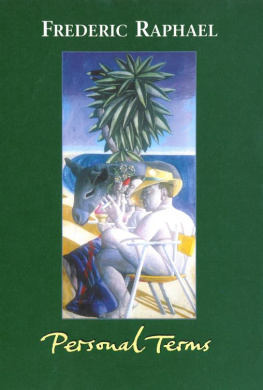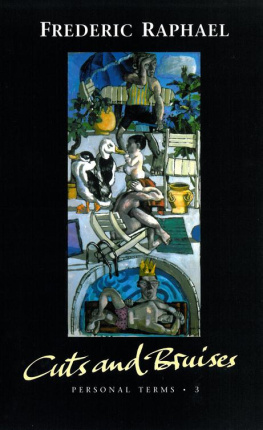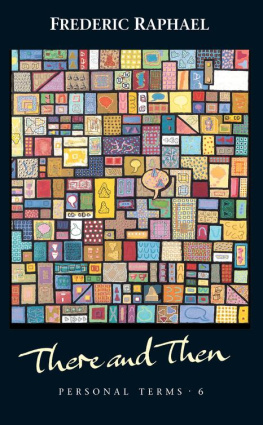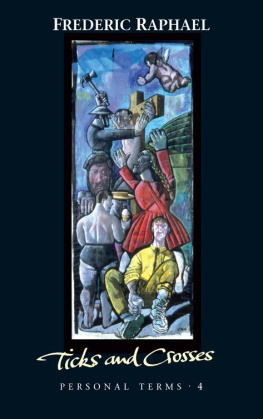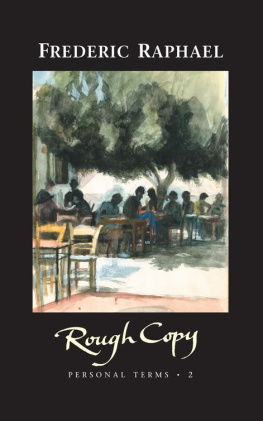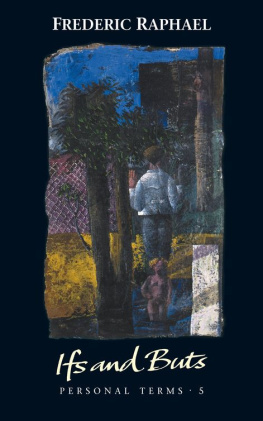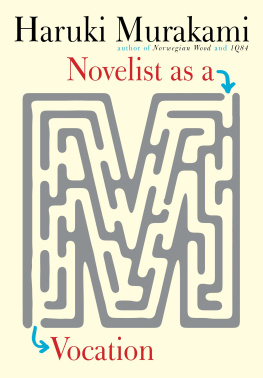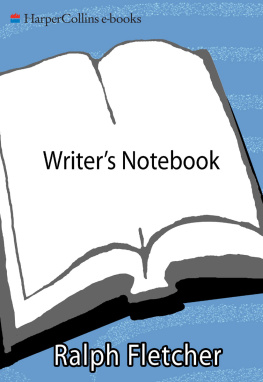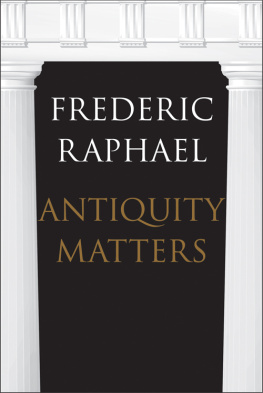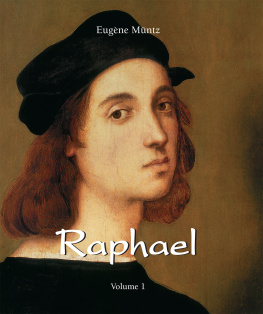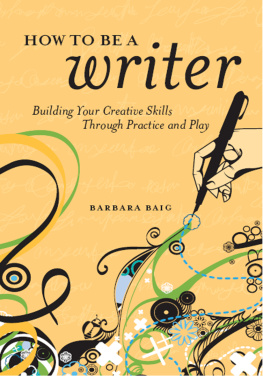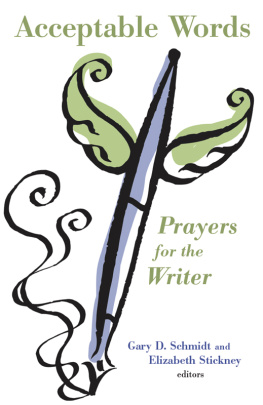I may have dreamed of opening the bowling for England, but I never intended to be anything other than a writer. During my adolescence , in the 1940s, such an ambition was more unusual, and lonelier, than it is now. Creative Writing courses were unknown; authors rarely made a living. Had I sought his advice, Oily Malaher, the Careers Master at Charterhouse, would have advised that authorship was ill-rewarded, and ill-regarded. Literary O.C.s were renowned for unflattering descriptions of the domus Carthusiana. No wonder that I was keen to be of their number.
Robert Gravess Goodbye to All That, for instance, was notoriously lacking in the school spirit, yet the classical education he received in Godalming was at the root of his poetry. With a little help from Suetonius, it also enabled him to make his fortune with two pseudo-autobiographies of the emperor Claudius. Graves idiosyncratically annotated, best-selling register of Greek myths was no less evidence of the benefits of the education to which he could never wholly say goodbye.
Like Graves, I spent my young years doing Latin and Greek proses and verses for a succession of capable, rarely inspiring beaks. A classical education was the assumed course for young scholars. If it was no preparation for anything so banausic as getting a job or even changing a fuse, composing proses and verses in the style of Cicero or Ovid, Demosthenes or Euripides, did at least foster the habit (or intention) of accurate imposture which proved invaluable in becoming a writer. The Old Man of the Sea is the unsaintly but engagingly mutable patron of anyone who aims to impersonate a variety of characters.
The Classical Sixth had only one period of English a week (taken by the Games Master who had to be occupied somehow), but even without it we should have been introduced, at a tangent, to a wide range of English prose and verse. Translating Macaulay, Froude, Ruskin, Matthew Arnold, Herrick, Gray, Junius, Gibbon, Tennyson and many other worthies into their equivalents among the most eloquent of the ancients offered an early, involuntary, experience of de/reconstructing a text. If the study of relativity or nuclear physics might have been more relevant, as they say today, what we did seemed an unquestionably good idea at the time. Especially since, if we came to do it well enough, it would secure us entry to Oxford or, if all else failed, Cambridge.
The Charterhouse library was both well-stocked and warm. Even the corners of the big room remained hot in the rigid winters of the rationed late Forties, thanks to the unusual, two-hearthed central fireplace. Smoke was ducted downwards, through a sort of S-bend, and then piped under the floor before escaping up a chimney at the side of the building. Periodicals were ranged on the flat top of the fireplace. My preferred reading was always Harold Nicolsons Marginal Comment in The Spectator (its founder, Joseph Addison, was a Carthusian, as if I cared). The ease of Nicolsons delivery, and his lordly diffidence, reminded me of Somerset Maugham. I had no notion that both men might have adopted their man-of-the-worldly stance the better to cloak the homosexuality which both of them practised, but to which neither confessed until after it was no longer a crime. Was I inclined to mimic their acerbic civility in the hope that it might mask the Jewishness which had set me apart from most of my schoolfellows?
Until I was seven years old, I lived in America, where I was born. When he was transferred to the London office of Royal Dutch Shell, my father who had been born in England consoled me for our leaving New York by saying, At least you can now grow up to be an English gentleman, not an American Jew. He was not ashamed of being Jewish nor was he disposed (like some other members of his sprawling, eccentric family) to conceal the fact. He saw no more contradiction in being a Jew and an English gentleman than St Paul had when, as a Jew from Tarsus, he announced Civis Romanus sum. Pre-war America, on the other hand, openly marginalised Jews as well as Negroes. England, my father liked to think, was more civilised. Its then unquestioned conviction of cultural superiority subtended a tolerance only faintly flavoured with condescension.
The assumption of an educated style was a respectable form of assimilation. As Dr Johnson proved, mastery of the Classics offered a regular way for outsiders to establish their claim to preferment. A first in Greats, we were promised, opened many doors. The cult of the ancient world was never the preserve of nobs, though the hierarchy had its share of prigs. The freemasonry of classical scholarship, from which small practical dividend is to be expected, is still generous with time and advice, even to eternal amateurs. A club without premises, its membership is by self-invitation.
Books were my escape from a loneliness with no other available cure. It was a relief to discover that all genius was misunderstood. I was prompt to conclude that the only enviable crown was composed of thorns. Art made a virtue of rejection. You did not need to be in a team to read a book. I got through the whole of War and Peace one summer term while walking, head down, between classes. It was not the first adult novel I ever read. During one lonely holiday, I had happened on a sepia-illustrated copy of Somerset Maughams Of Human Bondage in my parents flat in Putney. The plump image of Miss Wilkinson revealing her stays while in the process of seducing Philip Carey was meant, I suspect, to emphasise her brazen want of charm, but it still excited me. When you were a solitary male of fifteen in 1947, you were glad of what visual stimulus you could find outside the air-brushed nudes to be scanned, furtively, in the monthly Lilliput.
Philip Careys misfortunes were both very readable and because so unremittingly grim finally rather comforting. I had the company of a public schoolboy even more ill-favoured than I. Philips clubfoot was an inescapable blight, more difficult to conceal even than Jewishness. Maugham was so pitilessly sympathetic to his hero that I guessed that he had used his own experiences to furnish his story. With a growing sense of liberation, I realised that my own adolescent angst could be dignified, and even treasured, by being transformed into fiction. Self-pity might be modulated into irony; pariahdom could foster an accurately disillusioned account of the futility of the human condition. I could hardly wait for further indignities to plume my eligibility for authorship.
In the hungry years that followed, I read many other and not a few better modern novelists, but Maugham had abidingly instructive qualities, not least that of nicely turned clarity. I am not alone in owing Willie a debt, though as Gore Vidal has shown it is often repaid in mature resentment at ever having had time for anyone so trashy. Such disavowals recall what Maugham once said about Norman Douglas: that the subject which he read at Oxford was biting the hand that feeds him. Maughams work is like the ladder in Wittgensteins Tractatus which, once used, is cast away. He was not, in truth, a great writer, but he combined urgency with durability , intelligence with professionalism. You are free, as he would say, to take him or leave him, but he did what he set out to do: he did not compile a few precious volumes but a solid, enjoyable oeuvre.
In the autumn of 1949, I went into the Charterhouse bookshop, which did not usually carry popular authors, and saw a copy of A Writers Notebook for sale. Maughams usual Arabic emblem was on the cover. I bought it at once. It was a providentially instructive purchase. I was like a man who knew only that the hands of a watch went round and who discovered one of those models with a transparent back, through which to observe the intricate mechanism and understand the means of its precise rotations. The old magician had consented to reveal at least a part of how he contrived his tricks.

